When did it happen that video game development studios completely lost their way and became incapable of guiding their gaming proposals? I took a look at Suicide Squad, and from the scattered evidence online, it seemed to me that it is yet another outdated live service game, developed for more years than allowed to not fall too far behind the competition. Is that the only problem? If it had been released earlier, would the fate of the title have improved? I’m not sure. Live service games are not out of style; time-consuming games are thriving and generating millions in revenue. However, people need ONE, at most TWO live service games to dedicate themselves to wholeheartedly. Communities, streamers, and even collectible gadgets orbit around a live service game. All of this requires a huge investment of energy and time. How can one expect people to abandon a live service game they have spent thousands of hours on to fully commit to a completely new game that may be abandoned in the future? I predict the same thing will happen with the upcoming Skull & Bones, not because the pirate theme or that kind of multiplayer game is outdated, but because people simply don’t want to leave their beloved Sea of Thieves for a game whose identity is uncertain and is based on gameplay that is literally 10 years old (derivative of Black Flag), although still fresh and entertaining.

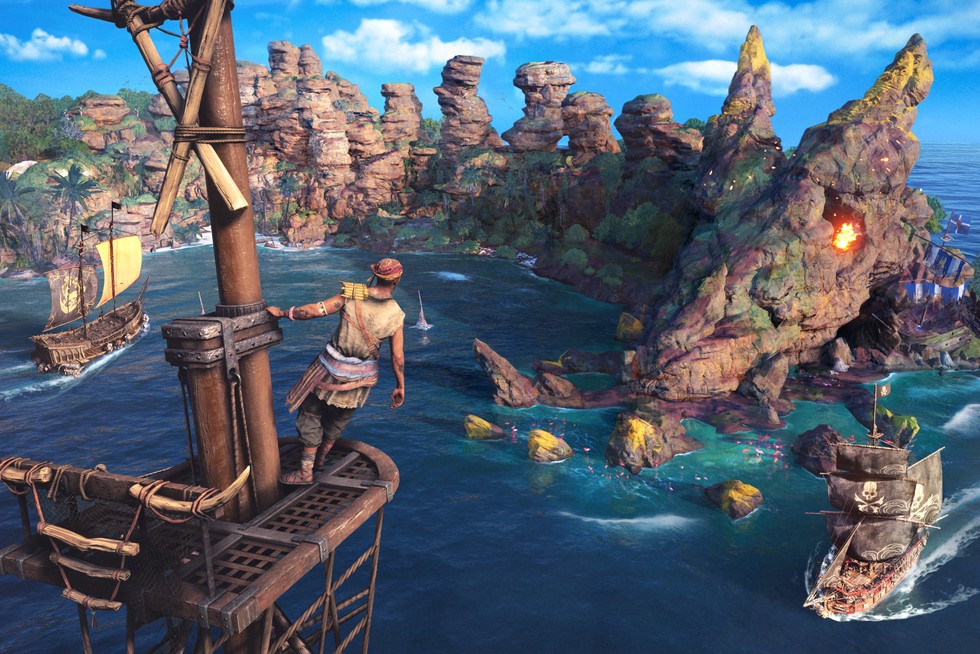
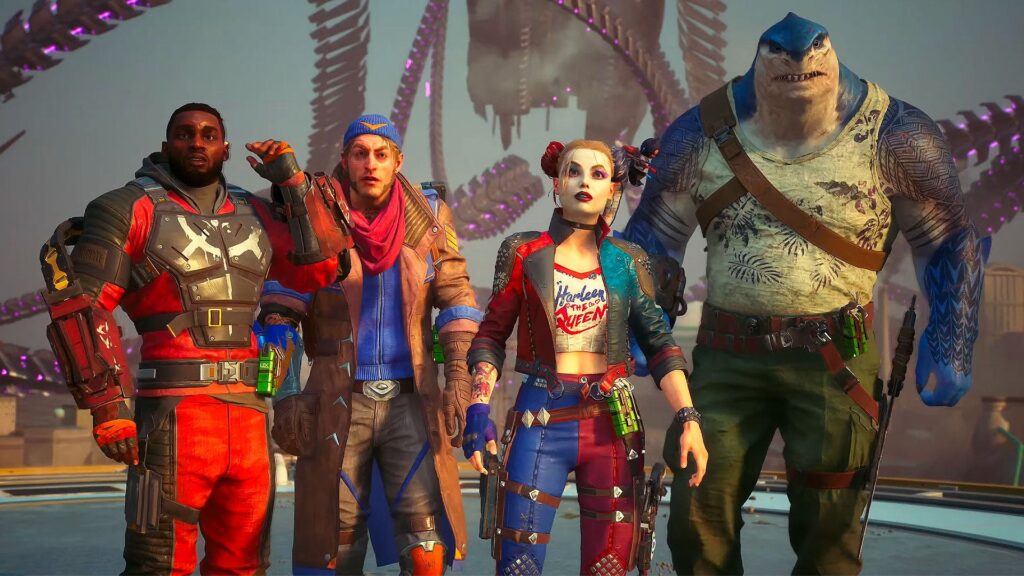
So, what can be done to ensure a return on investment? A triple-A single-player game? Even this type of project is now at risk: the technical requirements for such productions are extremely high, and therefore, only GTAVI or The Last of Us 3 have a real chance. What happens to all the other noteworthy projects that may have required years of development and significant resources? They are quickly forgotten, as in the case of Alan Wake 2, which recorded disappointing sales.
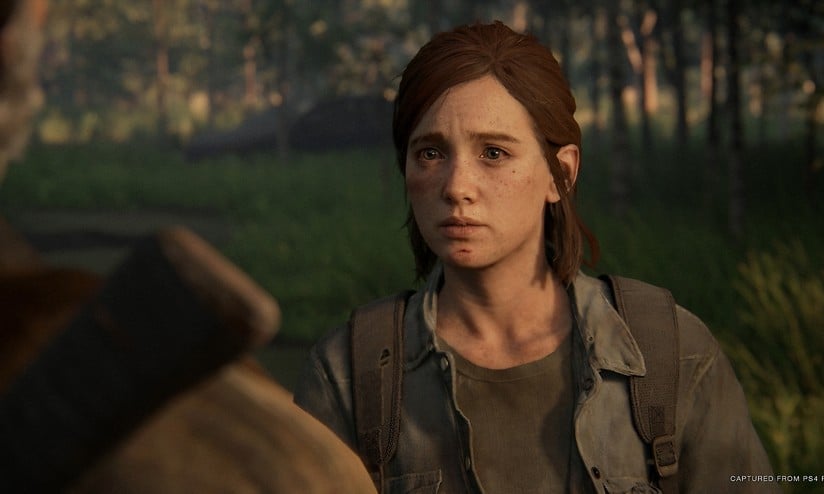

The gaming market is dying; there is a crisis, and there are days when I convince myself that the only possible salvation could come from indie budget titles, like the latest Prince of Persia, which require fewer resources and can still provide great fun. Triple-A games are now risky; the teams are too large (especially inflated during the pandemic), leading to mass layoffs that we read about every day.
But what happens if instead of having a handful of massive teams working on triple-A productions consisting of hundreds of people, we move towards fragmentation of these teams into many small teams with equally numerous indie productions? Again, an insatiable offer flooding the consumer market, creating unsold inventory once more.
Then I find myself picking up Half-Life on the Steam Deck. Intrigued, I watch the documentary for its twentieth anniversary, and one thing immediately becomes clear: it is baffling to note how small, yet extremely pioneering, the team that worked on releasing Half Life was compared to the team behind Suicide Squad, just to give an example. These were times when stellar investments were not needed to make a mark in the hearts of gamers worldwide, a much smaller consumer base in terms of numbers, moreover.
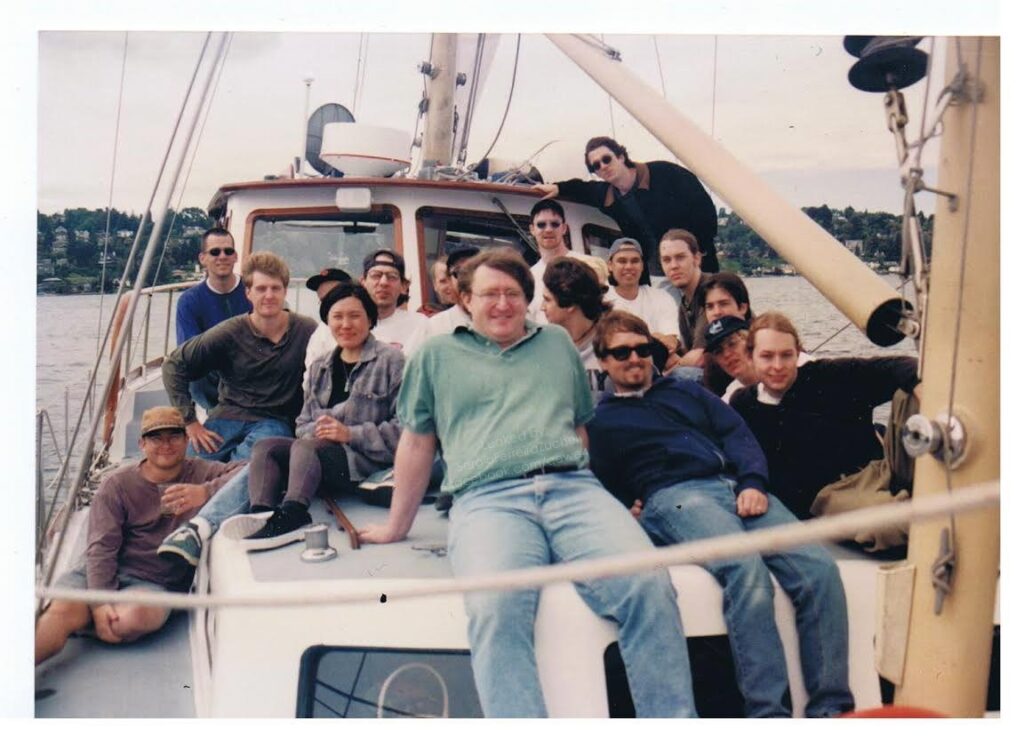
The commercial bust was still looming, but dreaming of changing the gaming world was more accessible, everything was still to be invented. Sure, time has not been kind to some successes of 1998, but how does Half Life 1, which still represented the technological pinnacle in gaming at the time, stand the test of time?
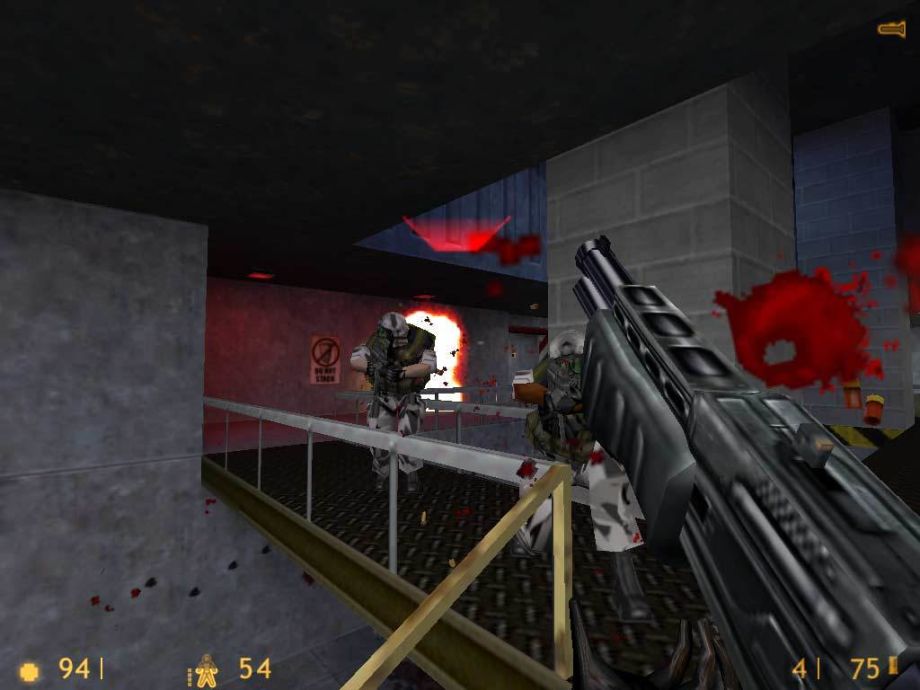
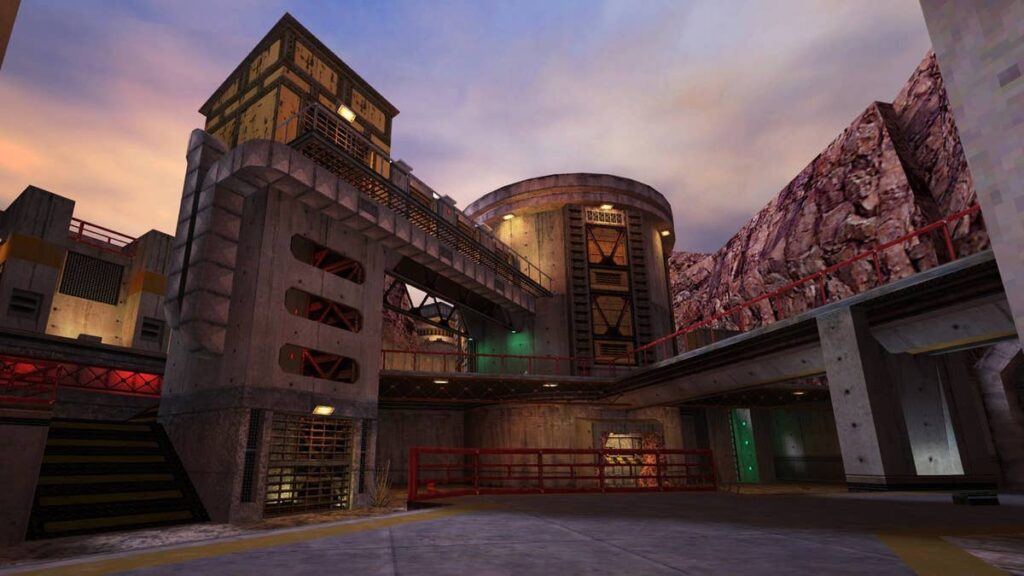
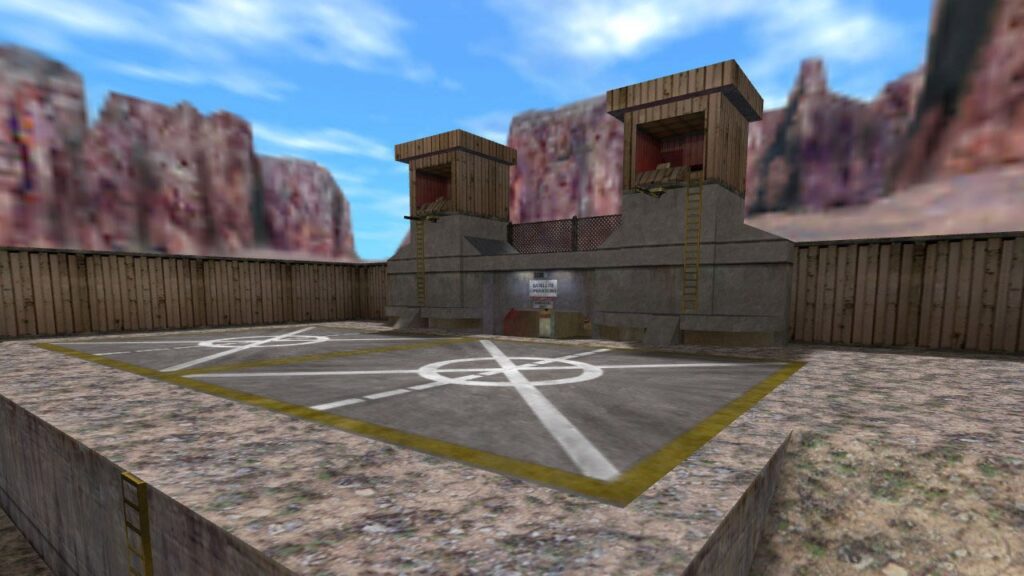
As I said in the dedicated post (The first Half-Life installment is still the best modern action FPS ever made), it wouldn’t be realistic at the moment to manage the expectations for a regular new installment, considering the predictable toxicity of the fandom and the developers’ desire to achieve a leap similar to, if not greater than, what Half-Life 2 represented in the gaming industry.

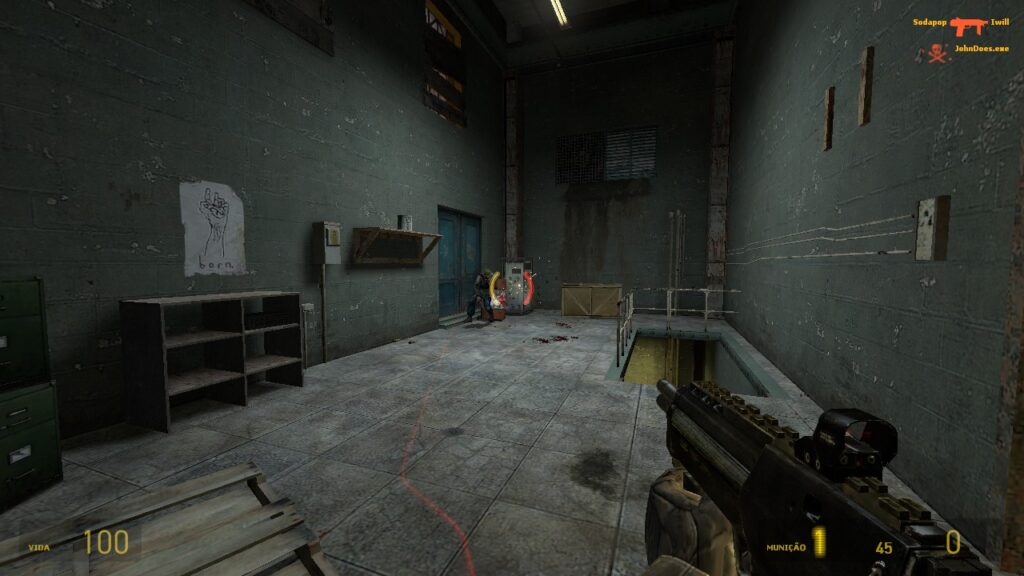
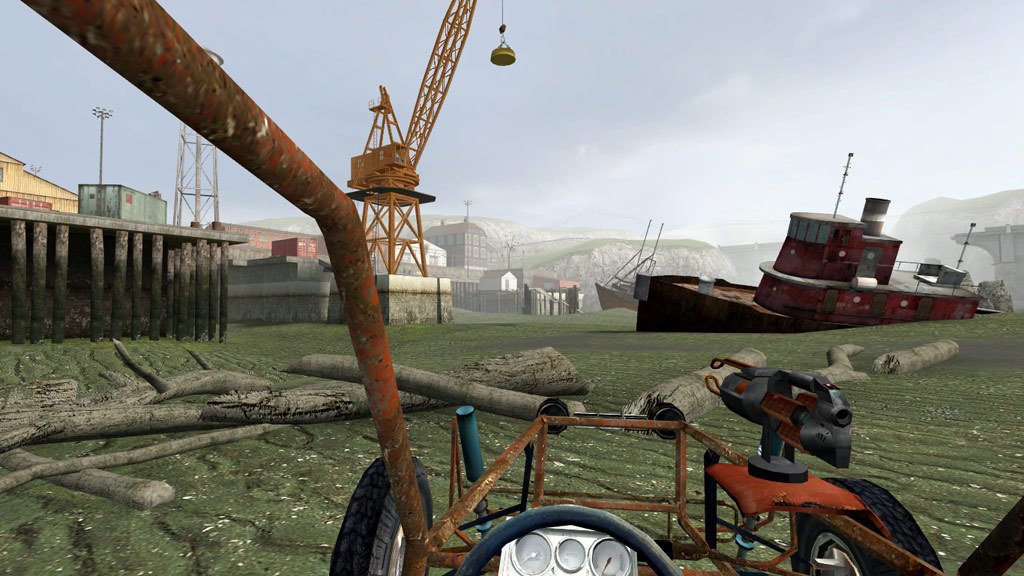
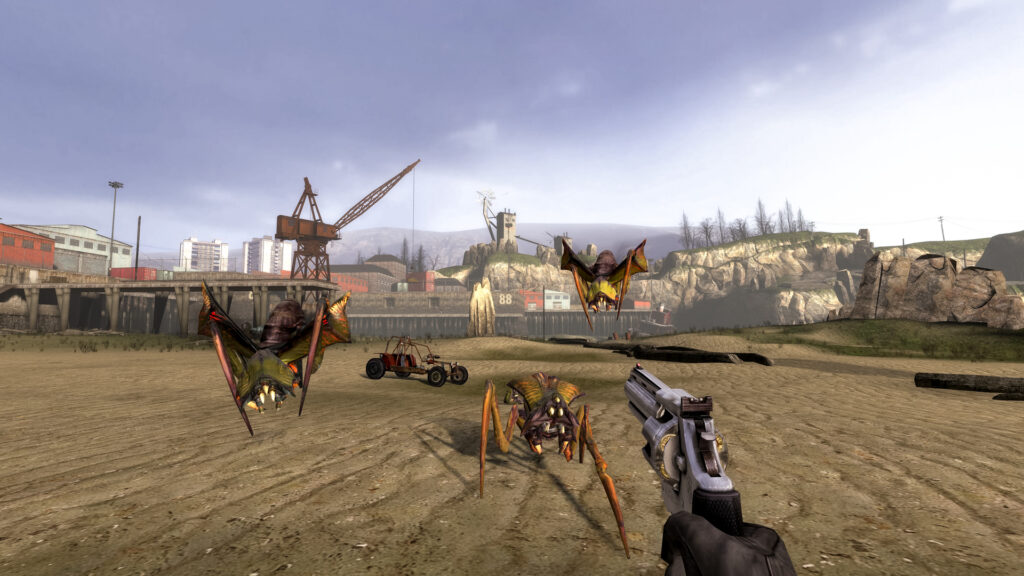
Once again, the lack of courage by Valve and other dev teams is more than justified by the fear of losing massive investments. So, what to do to save the gaming market? Is it necessary a total reset?
I have no idea, but all these factors currently contribute to one grave and personal matter for me -and that’s probably my fault: modern gaming has stopped being enjoyable.




